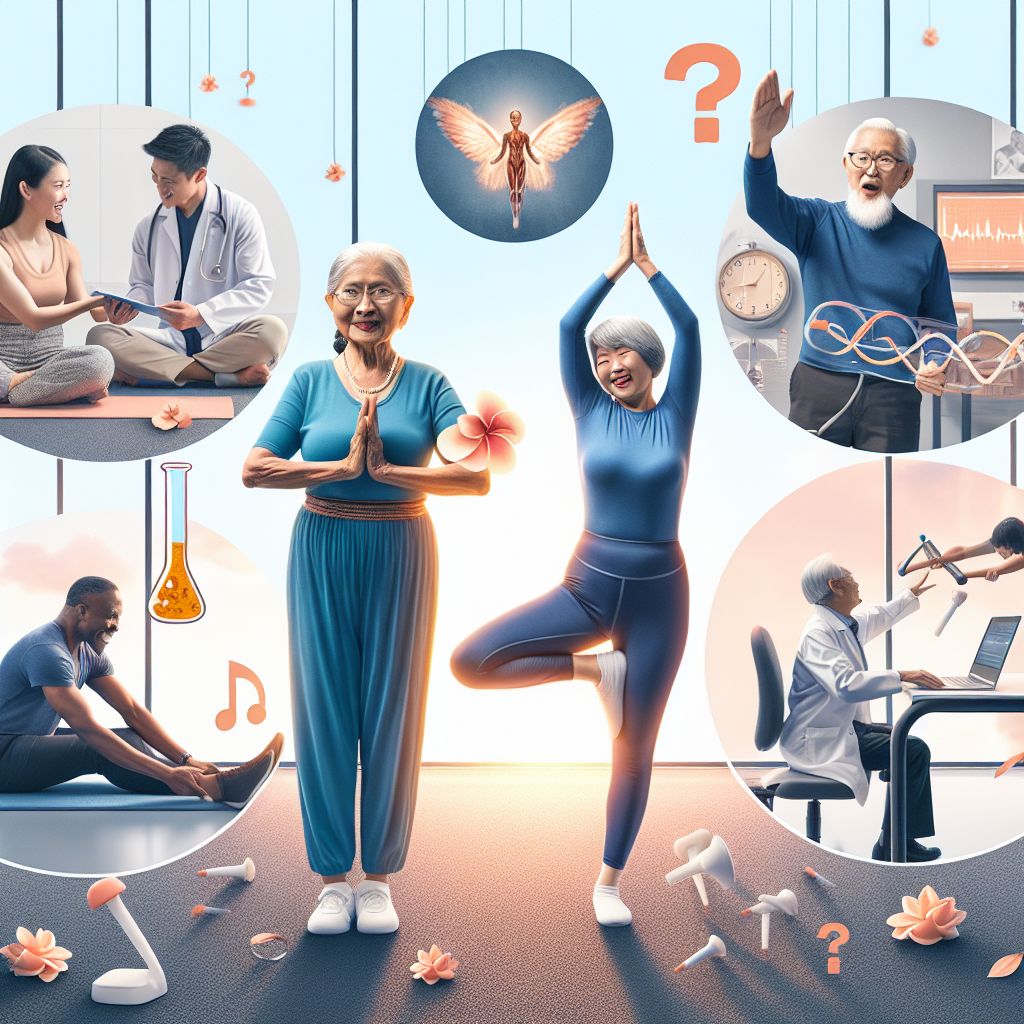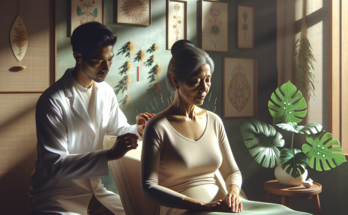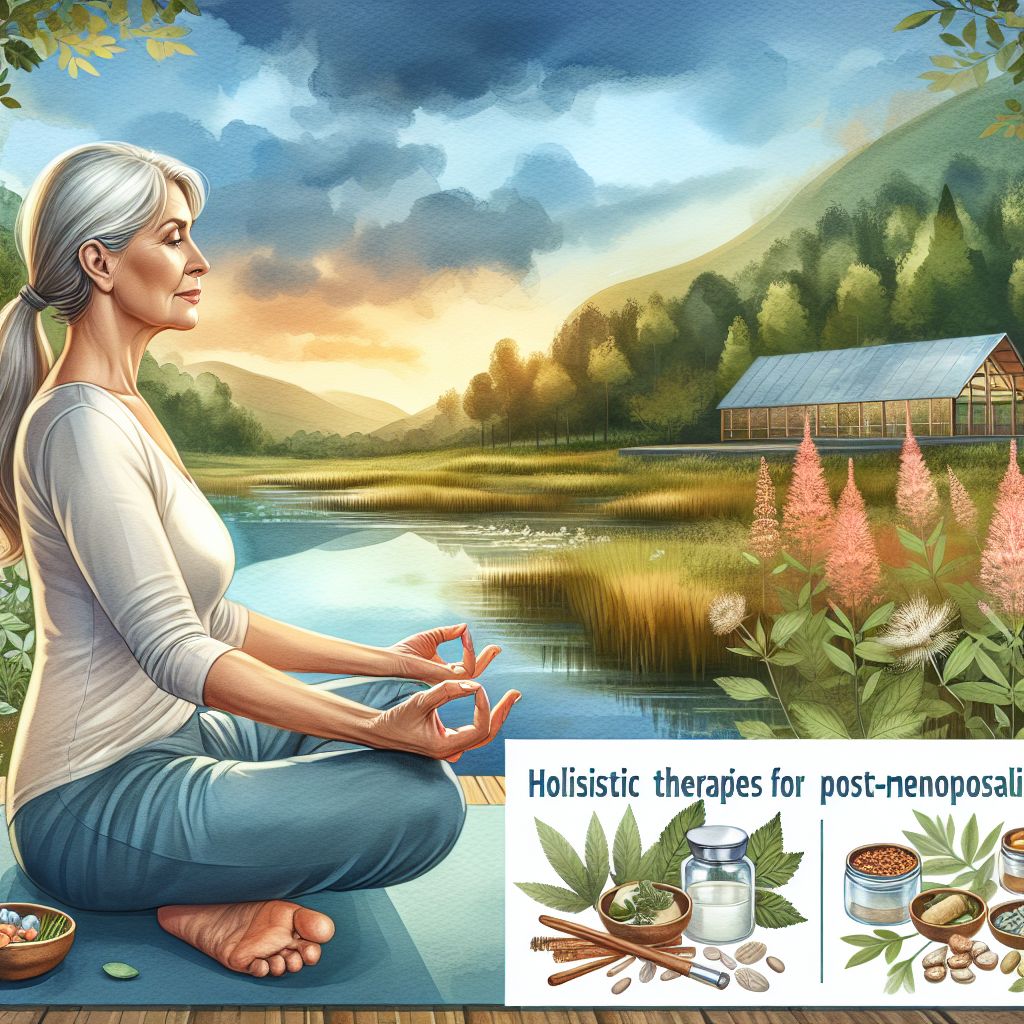Let us explore the common myths about aging and how we can make sure they don’t become reality in our life.
Key Takeaways
- Physical activity is crucial at any age and can help maintain health and mobility as you grow older.
- Mental decline is not a given; there are many ways to keep your brain sharp through various activities and lifestyle choices.
- Loneliness is not an inevitable part of aging – staying connected and building relationships is key.
- Learning new skills is possible and beneficial throughout your entire life, and it can improve cognitive function and overall happiness.
- Proactive health management and understanding the myths about aging can lead to a better quality of life in your later years.
When it comes to aging, there’s a smorgasbord of myths that can skew our perception of what it really means to grow older. It’s time to set the record straight. Aging isn’t a downhill journey; it’s a path marked by growth, learning, and opportunities. By dispelling these myths, we pave the way for a more vibrant and fulfilling later life.
Myth vs. Reality: Understanding What Aging Really Means
Let’s talk turkey. Aging doesn’t have to be the gloomy and inevitable decline that society often makes it out to be. Instead, it can be a period rich with potential, growth, and continued contributions. It’s time we shift our mindset and recognize the realities of aging, not the misconceptions.
Practical Tips for Nurturing Lifelong Wellness
To thrive in our later years, we must adopt practices that foster both physical and mental well-being. This means staying active, keeping our brains engaged, nurturing social connections, and never stopping the pursuit of new knowledge and experiences. These are not just words of advice; they are the keystones of a lifestyle that honors the aging process.
Myth #1: Slowing Down is Mandatory
Many believe that as we age, a slow-down in our physical activity is a foregone conclusion. But here’s the scoop: our bodies are designed to move, no matter the number of candles on our birthday cake. Regular exercise boosts energy, strengthens muscles, and can even improve mental acuity.
Why Activity Matters at Every Age
Physical activity is like the oil that keeps the engine of our body running smoothly. It’s not just about maintaining a trim waistline; it’s about preserving mobility, preventing chronic diseases, and keeping our spirits high. Besides that, staying active can be a blast!
How to Stay Active in Your Golden Years
- Find an activity you love, be it walking, swimming, or dancing, and make it a part of your daily routine.
- Set achievable goals to keep you motivated, such as participating in a local 5k walk or mastering a new yoga pose.
- Join groups or clubs that focus on physical activity. Not only will you move your body, but you’ll also meet new friends along the way.
Remember, it’s never too late to start. Even if you haven’t been active before, taking that first step is what counts. You’ll be surprised at how quickly your body responds to even the smallest increase in activity.
Myth #2: Mental Decline is Inevitable
Many folks brace themselves for mental decline as they age, but hold your horses – it’s not a sure thing. The brain is capable of creating new connections throughout our lives, a phenomenon known as neuroplasticity. This means we can continue to learn and improve our cognitive functions well into our senior years.
Brain Health Through the Ages
Just like muscles, the brain needs to be exercised to stay in shape. Engaging in mentally stimulating activities can bolster brain health and ward off cognitive decline. It’s all about challenging your noggin on a regular basis.
Keeping Your Mind Sharp with These Habits
- Crack open a book, solve puzzles, or learn a new language – these activities can all give your brain a good workout.
- Stay curious and never stop asking questions. Curiosity keeps the brain active and engaged.
- Adopt a brain-healthy diet rich in omega-3 fatty acids, fruits, vegetables, and whole grains to nourish your noggin.
It’s the variety and the challenge that counts, not just the activity itself. So go ahead, shake up your routine and give your brain something new to chew on.
Myth #3: Loneliness Comes With Aging
Contrary to popular belief, loneliness is not a packaged deal with aging. Sure, life changes like retirement or the loss of loved ones can create challenges in maintaining a social network, but it doesn’t mean we’re destined for solitude.
The Importance of Social Connections
Humans are social creatures, and our need for connection doesn’t expire with age. In fact, social interactions can boost our mood, improve our health, and lengthen our lifespan. Therefore, it’s crucial to foster relationships and seek out community at every stage of life.
Cultivating Relationships and Community Participation
- Join local clubs or groups that align with your interests. Whether it’s a book club, gardening group, or a walking club, these are great ways to meet like-minded individuals.
- Volunteer for causes you care about. Not only will you contribute to your community, but you’ll also build a network of friends and acquaintances.
- Make the most of technology to stay in touch with family and friends. Video calls and social media can bridge the gap when physical distance is a factor.
It’s about taking the initiative to stay connected and create new friendships, even as circumstances change. Remember, loneliness is not a side effect of aging; it’s a sign that we need to reach out and engage with the world around us.
Myth #4: You Can’t Teach an Old Dog New Tricks
Whoever coined the phrase “You can’t teach an old dog new tricks” clearly didn’t have the full scoop. The truth is, age doesn’t close the door on our ability to learn and grow. In fact, picking up new skills can be a boon to our cognitive health and personal satisfaction.
The Lifelong Potential for Learning and Adaptation
Our brains are incredibly adaptable, and this doesn’t halt as we age. Learning new things can actually help to keep our minds agile. Whether it’s mastering a new language, picking up a musical instrument, or diving into digital photography, these endeavors can be incredibly rewarding.
Most importantly, learning new skills can lead to a sense of accomplishment and purpose. It’s not just about the skill itself; it’s about setting a goal and achieving it, which can bring a profound sense of joy and fulfillment at any age.
Exploring New Hobbies and Skills at Any Age
So, how do you get started on this journey of lifelong learning? Here are a few tips:
- Identify something you’ve always wanted to learn but never had the time for. Retirement or later life might be the perfect opportunity to dive in.
- Look for community education classes or online courses. Many are specifically designed for older adults and cater to all levels of experience.
- Practice patience and kindness with yourself. Learning a new skill takes time, and that’s okay. The journey is just as important as the destination.
By embracing new challenges and opportunities to grow, we can break the stereotype that aging limits our potential. It’s never too late to explore a new passion or hobby.
Myth #5: Physical Health Deteriorates Beyond Control
While it’s true that our bodies change as we age, it’s a myth that we’re powerless to influence our physical health. There are many proactive steps we can take to manage and even improve our health as we get older. It’s about being informed, making wise choices, and taking action.
Managing Health Through Preventative Measures
Prevention is better than a cure, and this rings true for our physical health as we age. Regular check-ups, a balanced diet, and staying active are all preventative measures that can have a significant impact on our well-being.
It’s essential to be proactive about health screenings and to stay on top of recommended vaccinations. These actions can help catch potential issues early on and keep you in the best shape possible.
Healing and Health: Combining Traditional and Alternative Approaches
For example, a study published in the National Institutes of Health showed that incorporating moderate exercise, like walking, into one’s daily routine can reduce the risk of chronic diseases and improve quality of life in older adults.
It’s not just about traditional medicine, either. Alternative therapies like yoga, meditation, and acupuncture can complement your health regimen and contribute to overall wellness.
Let’s not forget the role of diet and nutrition. Eating a variety of nutrient-rich foods can provide the energy and sustenance our bodies need to function optimally. Foods high in antioxidants, for instance, can help combat the effects of aging at a cellular level.
Therefore, by combining both traditional and alternative health strategies, we can create a comprehensive approach to maintaining and improving our health as we age.
Staying on the Wellness Track: Your Action Plan
Now that we’ve busted some common myths about aging, let’s talk about how to put this knowledge into practice. Creating an action plan for wellness means setting realistic goals, staying informed, and being consistent with healthy habits.
Start by identifying areas you’d like to improve or maintain, whether that’s physical fitness, mental sharpness, social connections, or learning new skills. Then, break these down into actionable steps.
For example, if you want to improve your fitness, your action plan might look like this:
- Schedule 30 minutes of physical activity into your day, five days a week.
- Choose activities you enjoy, like swimming, walking, or yoga, to ensure you stick with it.
- Track your progress and celebrate your successes, no matter how small.
Creating a wellness plan isn’t just about living longer; it’s about living better. By taking control of our health and debunking the myths that hold us back, we can all look forward to a future that’s not just about adding years to our life, but life to our years.
Creating a Personalized Health Routine
Let’s get down to brass tacks. Crafting a personalized health routine is like designing a tailor-made suit – it fits your individual needs and enhances your life. It’s not a one-size-fits-all; it’s a unique blend of activities, diet, and practices that resonate with your body and lifestyle.
Begin by assessing your current health status and consider areas you’d like to improve. Maybe you want to increase your stamina, reduce stress, or maintain a healthy weight. Whatever your goals, the key is to create a routine that is both manageable and enjoyable. This might include a mix of cardiovascular exercises, strength training, and flexibility activities, along with relaxation techniques like meditation or deep breathing exercises.
Don’t forget to include regular health check-ups in your routine. These appointments are your checkpoints, ensuring everything is running smoothly under the hood and catching any issues before they become bigger problems.
Navigating Health Care as You Age
As we age, navigating the health care system can feel like trying to solve a puzzle with a thousand pieces. But fear not – with a little knowledge and organization, you can take charge of your health care. Start by understanding your health insurance coverage, including Medicare or other plans, and know your rights as a patient.
Keep a health diary or a binder with all your medical records, prescriptions, and test results. This will help you stay on top of your health history and make informed decisions with your health care providers.
And remember, communication is key. Don’t hesitate to ask questions, seek second opinions, and advocate for your health needs. After all, you’re the CEO of your health, and you call the shots.
FAQ: Addressing Your Aging Concerns
It’s natural to have questions about aging and how it might affect your health and lifestyle. Here’s a roundup of common queries with straightforward answers to help put your mind at ease.
Is it too late to start exercising at 60?
Let’s squash this myth right now – it’s never too late to start exercising. Whether you’re 60, 70, or beyond, your body can still reap the benefits of physical activity. Start slow, listen to your body, and gradually build up your endurance. You’ll be amazed at how resilient and adaptable your body can be, no matter your starting point. For more information, check out these common myths about aging debunked by the National Institute on Aging.
How can I keep my brain healthy and prevent memory loss?
Keeping your brain healthy is a lot like maintaining a garden – it requires regular care and the right nutrients. Engage in activities that stimulate your mind, such as puzzles, reading, or even learning a new skill. Social interaction also plays a crucial role, so stay connected with friends and family. And let’s not forget nutrition; foods rich in omega-3s, antioxidants, and vitamins can support brain health.
What are the best ways to stay socially connected as I get older?
Social butterflies don’t have an expiration date. To stay socially connected, get involved in your community, whether through volunteering, joining clubs, or attending local events. Embrace technology to keep in touch with distant loved ones. And why not make new friends? There’s a whole world of potential pals out there, just waiting to meet you.
Can learning new skills or hobbies improve my well-being?
You bet it can! Diving into new skills or hobbies can revitalize your mind, boost your confidence, and add a dash of excitement to your life. Whether it’s gardening, painting, or coding, learning new things can enrich your life in countless ways and contribute to a more positive outlook on aging.
How do diet and nutrition affect aging, and what changes should I make?
Think of diet and nutrition as the fuel for your aging journey. A balanced diet, rich in fruits, vegetables, lean proteins, and whole grains, can help manage weight, reduce the risk of chronic diseases, and support overall health. Consider adding supplements as needed, but always consult with a healthcare provider first. Small tweaks to your diet can lead to significant improvements in how you feel and function.
Remember, debunking myths about aging isn’t just about separating fact from fiction; it’s about embracing the journey with confidence, knowledge, and a proactive attitude. By understanding the truth, we can all look forward to a future that’s vibrant, healthy, and full of possibilities. So, go ahead, challenge those myths, and take charge of your aging process with gusto!



